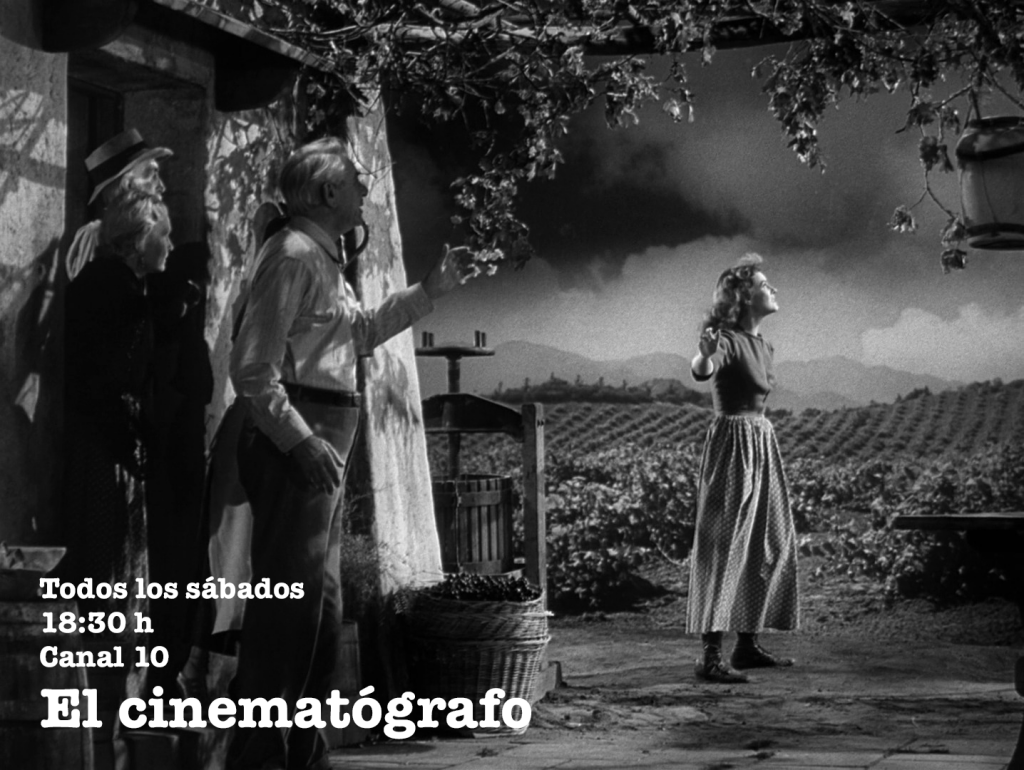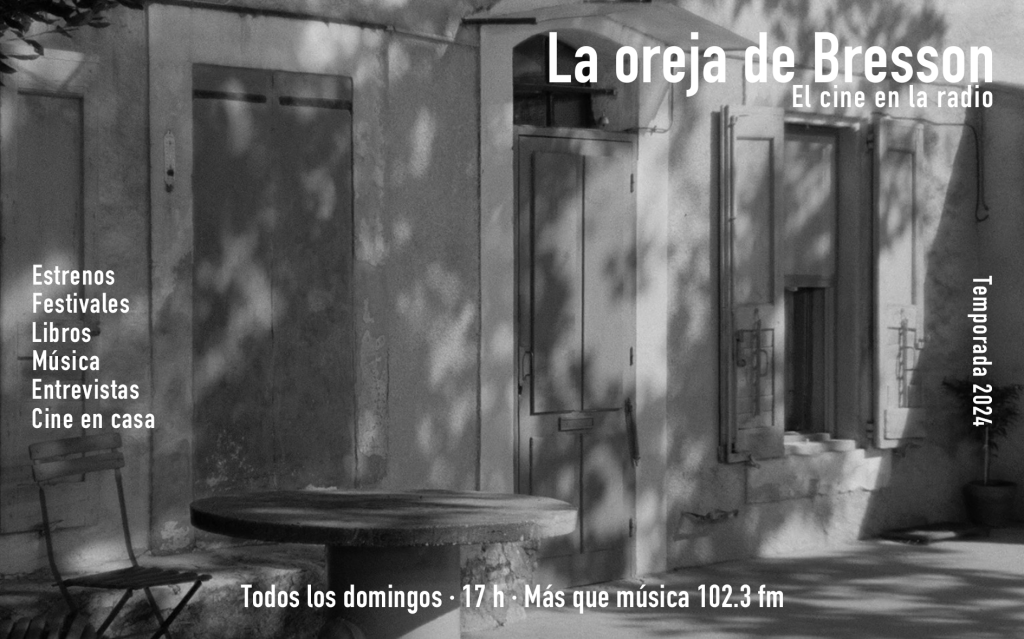
FICUNAM (12)
FESTIVAL INTERNACIONAL DE CINE UNAM: SECCIÓN TRAZOS / PANORAMA SECTION
By Roger Alan Koza

Shi / Poetry, Lee Chang-dong, South Korea, 2010.: The fifth film by Lee Changdong exceeds the univocal meaning of its title. This is not only a film about poetry, or even a poetic film, but a clear and philosophic meditation about how language defines human identity. Definitely, this writer who happens to be a filmmaker, is one of the greatest contemporary narrators of films. Here he is able to articulate a dramatic moment in the life of his main character, including other circumstances not less painful, and some other moments of tremendous freedom after having learnt an admirable lesson. Here, the leading role is a woman called Mija, who at 66 must cope with, among other things, the start of her Alzheimer disease. The first words she forgets are not innocent, and even suggest a political perspective. While her daughter lives in Seoul, she is the guardian of her grandson. Teenagers’ life in Korea is not an exception compared to that of the rest of the world: total indifference, gratuitous violence and dumb desperation. There will be an unfortunate event, announced from the beginning through a perfect shot that may possibly involve her grandson. On the other hand, Mija’s financial situation is not ideal. That is why, from time to time, she works as an assistant to a disabled man of her age. This job does not prevent her from attending a literary workshop on poetry. At some point, the poet and professor will say the following: «In order to write poetry, you have to see well», an instruction also valid to make (and watch) films. And this is precisely where Lee’s lesson is brilliant. In Poetry no poems by Whitman or Basho will be read, and the explicit didactic used to compose a poem flirts with funny (and absurd) situations. It is because poetry here is not said but shown. It emerges literally from the film shots, which become verse. It is natural that Lee renounced to music, because it would interrupt the sound metrics of his images. The sound of a river, the glance of a ghost, and a poem in his name are enough to justify a film festival.

Shekarchi / The Hunter, Rafii Pitts, Iran-Germany, 2010. Written, directed and starred by Pitts, this movie is an intelligent example of a political film not trying to protect itself from censorship and police interpretations through a tale about children with an oblique political critic. The plot is simple: the character played by Pitts was in jail and is now working as a security guard at a large company. He’s in charge of the nightshift, which has some consequences on his family life. A fatal accident happens during a demonstration and Pitts spares the hints so the viewer can reconstruct what may have occurred. After insisting with the police, the main character looses patience and takes some radical decisions. Pitts films Tehran with a novel approach, his is a secular and deliberately architectonic presentation with panoramic views of modern buildings in opposition to the usual close shots on narrow urban alleys such as Iranian films have dominantly represented the urban space with. And it is not just about portraying elegance, but a formal strategy to put a paradox in evidence: a modern city is politically ruled by a medieval gang. Constant radio communicates establish the State’s policies and the soundtrack presents the voices of resistance. The Hunter is the first film in Iranian history where a cop is murdered. The chosen place for this is a landmark for the 1970 Islamic Revolution which is also referred to with the enigmatic opening photo that goes along with the credits. A superb police film, a very brave director.





These are truly wonderful ideas in on the topic of blogging.
You have touched some fastidious things here. Any way keep
up wrinting.